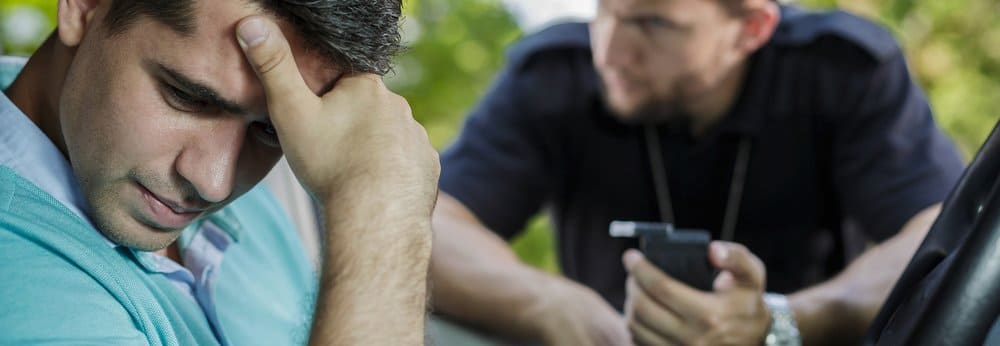Fighting Breathalyzer Results in Your DUI Case
When someone is stopped for suspicion of driving under the influence (DUI), the police officer may administer a breathalyzer test to see if the driver is, in fact, operating the car under the influence of alcohol or other controlled substance. Depending on the results of the breathalyzer test, the driver may or may not be arrested for a DUI.
While breathalyzers are not as accurate as blood tests, they are a commonly-used tool when it comes to detecting intoxication.
What Is a Breathalyzer?
A breathalyzer is a device that is used to check for intoxication from a person’s breath. The police officer will have the person breath into the machine to determine how much alcohol is present in that person’s breath.
These devices are used to help police determine if the driver is over the legal alcohol consumption limit for driving and whether they should be arrested and charged with a DUI.
Breathalyzers do not measure blood alcohol content (BAC) per se, so they may not be as reliable as a blood test. However, they can still be used to get a general estimate of how much alcohol is in the driver’s blood stream.
The name “breathalyzer” actually comes from the brand name of the original device that was first developed and manufactured by the company Smith and Wesson. Despite the fact that it was once a brand name, the word breathalyzer is now a generic term used to identify the general instrument.
What Are the Common Challenges to Breathalyzer Results?
Many of the challenges against breathalyzer results hinge on the way the device calculates the person’s alcohol content. The machine multiplies the amount in the person’s breath by 2,100. This number is called a partition coefficient or partition ratio. The number 2,100 is not a random number but is used because it is estimated that a person exhales from their lungs approximately 1/2100thth of the alcohol amount that is current in that person’s blood.
This number, however, is not always precise. Technically the amount can vary from person to person, and it can be subject to change due to that person’s body temperature or respiration rate. So, it is possible, depending on the person tested, that the results produced are inaccurate from these figures.
False readings are also a common challenge. Sometimes the substance’s proximity to the breathalyzer device can cause it to give a stronger reading than what is actually coming from the person’s lungs. Substances like mouthwash or toothache medicines are known to give similar readings to alcohol.
The same thing occurs if someone burped or threw up just prior to taking the test. Because of this, police officers are told to watch a subject for approximately 20 minutes before giving the test to make sure that the person does not do anything or put anything in his or her mouth that would produce a false reading.
In addition, sometimes it is the device itself that is not working properly. Breathalyzer machines are supposed to be calibrated regularly and must receive maintenance to make sure that they are producing accurate results every time they are used.
If it can be shown that the officer is not properly maintaining and/or calibrating the device as often as is recommended, the reliability of the test results may be called into question.
Every state has its own laws as to how often the devices should be calibrated. In states like California, they must be recalibrated for every 150 uses or every 10 days, whichever is sooner. In addition, states must also follow other guidelines, including:
-
The device must be from a list of accepted devices;
-
It must be checked for accuracy at different intervals and must be properly maintained;
-
The officer who is administering the test must be certified in using the breathalyzer; and
-
The test must give two readings that are consistent or at least are 0.02 percent of each other.
A defense attorney will be able to review the breathalyzer results to see if any of these defenses can be raised. If the court determines that the breathalyzer results are questionable, they may decide to throw out the evidence, which could seriously hurt the prosecutor’s case.
A defense attorney will need to subpoena the maintenance and calibration records of the device, as well, to see if the device was not functioning properly.
An expert witness may also be needed to testify as to the results and whether they can be deemed reliable. Ultimately, however, it will be up to the trier of fact as to whether the evidence will be allowed.
Contact Us Today!
If you have been arrested for a DUI while visiting Nevada and believe the blood alcohol content test results in your case should be in question, it is important you contact the Hill Firm today. We can meet with you to discuss your rights and all potential legal consequences from your arrest. Contact us today at (702) 848-5000.

